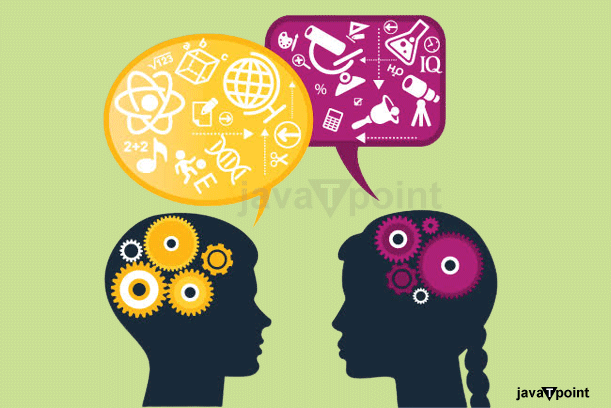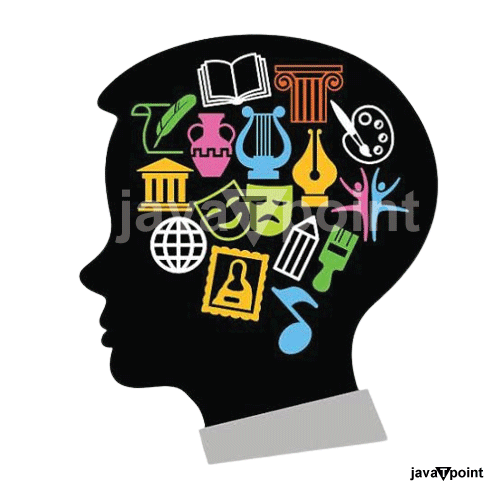Learning Definition PsychologyLearning is defined as the process of understanding; information, behaviours, skills, beliefs, attitudes, and preferences. Humans, animals, and even robots can all learn new things, and some plants have even been shown to learn in some capacity. 
Although there are various ways to define learning, most psychologists would concur that it is a generally long-lasting change in behavior brought on by experience. The behaviourist school of thought, which tried to provide insight into the learning process, gained prominence in psychology throughout the first part of the 20th century. Only observable behaviors were meant to be measured by behaviourism. The study of learning theories and research is referred to as learning psychology. There are numerous learning theories. Some use a more behaviourist strategy that emphasizes inputs and rewards. More attention is paid to how the structure and organization of the brain affect learning in other methods, such as those based on neuroscience and theories of social cognition. Some psychological theories, like social constructivism, place more emphasis on a person's interactions with their surroundings and other people. Other ideas, such as motivation and the growth mind-set, place more emphasis on people's beliefs of their own abilities. Three Psychology Learning StylesThree broad categories can be used to describe behavioural learning: Classical ConditioningThrough the process of classical conditioning, a connection is established between a stimulus that had previously elicited no reaction and one that now triggers a response. For instance, in Pavlov's famous experiment, the natural stimulus that was coupled with the formerly neutral ringing of the bell was the smell of food. Once a connection between the two had been created, a reaction could be elicited just by the bell's tone. You would take precautions to prevent falling into a pool, for instance, if you are unable to swim. 
Operant ConditioningOperant conditioning is a type of learning where the likelihood of a response is either raised or decreased as a result of reward or punishment. The fundamental principle of operant conditioning is that the results of our activities shape our voluntary behaviour. Edward Thorndike, followed by B.F., first explored this concept. Skinner explained how rewarding behaviour may result in gains while punishing it could lead to losses. Additionally, he discovered how soon reinforcements were given and how strongly a behaviour would be responded to depending on when they were given. Schedules for reinforcement describe when and how much reinforcement will be applied. For instance, by giving those gifts and/or praise, you may teach your child to do their homework. Observation-Based LearningThe technique of observational learning involves mimicking and observing others in order to learn. According to Albert Bandura's social learning theory, in addition to conditioning, people can also learn by seeing and copying the behaviours of others. Social learning theory's fundamental tenets His famous Bobo Doll experiments show that people will copy others' actions without receiving positive reinforcement. The four key components of efficient observational learning are memory, motivation, motor skills, and attention. For instance, if a teen's elder sibling receives a speeding ticket, the unpleasant consequences of fines and limitations will follow. When the teen starts driving, they learn to drive slowly. HistoryEarly strategiesPsychological learning theory was different in each country before the 1950s. Gestalt psychology originated in Germany and took a holistic approach to psychological ideas like the human mind & behaviour. It was important to comprehend a psychological concept's widespread phenomenon and how it relates to other concepts. This prompted researchers to concentrate on problem-solving as a construct to study in the 1920s and 1930s. In America, behaviourism, which emphasized observable behaviour, was strongly emphasized. Animals were frequently used for testing learning mechanisms. Russia, or the Soviet Union at that point in time, offered a cultural-historical psychology that explained how learning occurs in relation to one's surroundings. It was believed that learning was a phenomenon that could be guided and encouraged in settings like schools. The constructivism of Jean Piaget was a fundamental theory that explained how students construct knowledge by growing and refining their beliefs in response to new information. The psychoanalytical works of Sigmund Freud and the educational and learning theories of John Dewey were also significant influences at this time. 1950s-1960sTwo significant learning theories rose to prominence following World War II. One was behaviourism, which was influenced by B. F. Skinner as well as other researchers. In Skinner's view, interactions between a person and their environment shape how they behave. He claimed that because individuals are subject to outside influences, their ability to learn depends on the environmental cues they pick up from their surroundings. Beginning in the 1960s, behaviourism grew to take into account increasingly intricate types of learning, such as Albert Bandura's theory of social learning and Dane Thomas Nissen's learning theory of culmination, which behaviourism was unable to explain completely. 
Learning PsychologyHuman learning begins at birth, yet it may actually begin earlier because an embryo has to interact with and be free in its surroundings while in the womb and endures through death as a result of continual interactions between individuals and their surroundings. Many well-established disciplines (such as educational psychology, neuropsychology, experimental psychology, cognitive sciences, & pedagogy), as well as newer ones (such as those with a common interest in the subject of learning from safety events like incidents and accidents or in collaborative learning health systems), are studying the nature and processes involved in learning. Numerous learning types have been identified due to research in these areas. For example, habituation, classical conditioning, operant conditioning, or more sophisticated activities like play, only found in reasonably intelligent animals, can lead to learning. Learning can take place consciously or unconsciously. Learned helplessness is a state that might develop after discovering that an unpleasant occurrence cannot be prevented or escaped. The brain's central nervous system is mentally capable. It sets up for memory and cognition to occur extremely early in development, as evidenced by the observation of habituation in human behavioural learning during pregnancy as early as 32 weeks. Many thinkers have looked at play as a way for children to learn. Children explore the world, discover laws, and develop social skills through play. Lev Vygotsky concurs that play is essential for children's growth because they make sense of their surroundings by engaging in educational activities. However, Vygotsky believed that play was the child's initial method of acquiring language and communication and the stage at which they started to comprehend rules and symbols. This has given rise to the idea that learning in living things is constantly connected to semiosis and frequently linked to representational systems and activity.
Next TopicMass Communication Definition
|
 For Videos Join Our Youtube Channel: Join Now
For Videos Join Our Youtube Channel: Join Now
Feedback
- Send your Feedback to [email protected]
Help Others, Please Share










